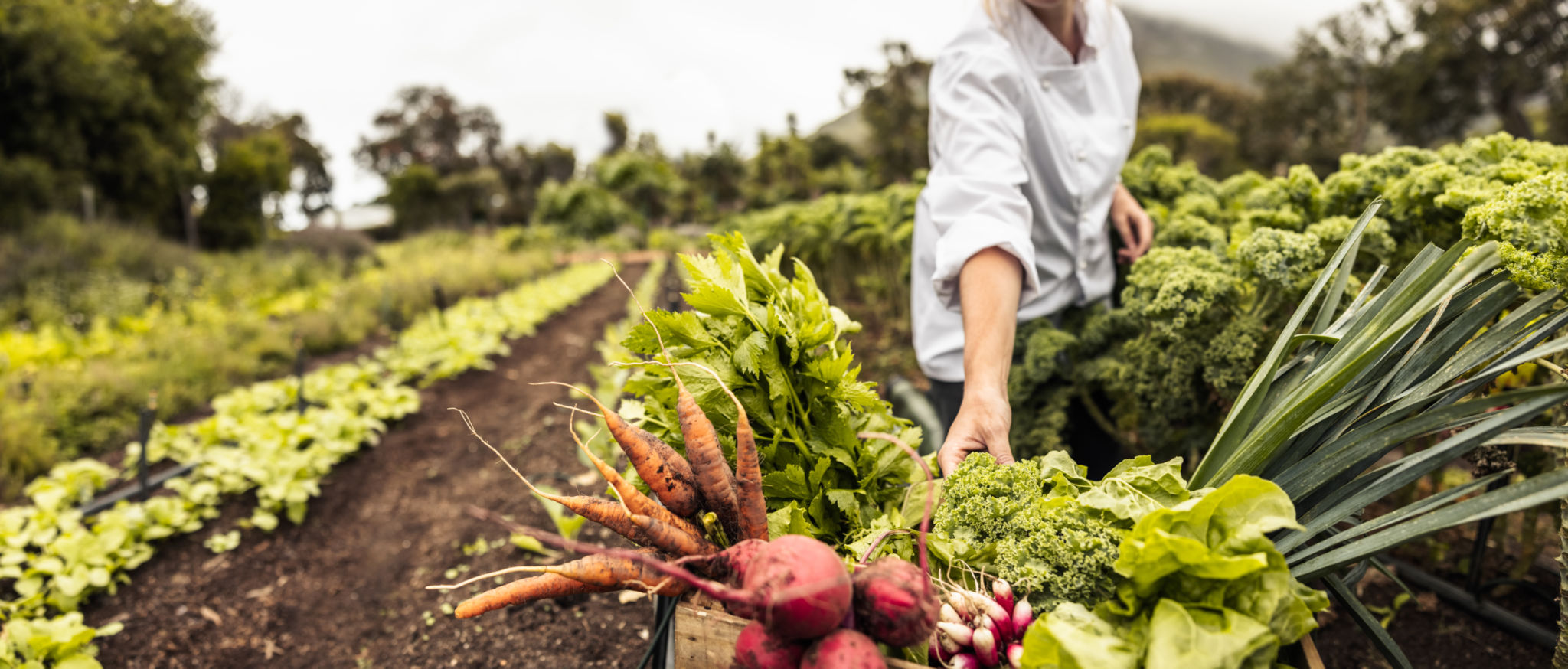Organic Farming Workforce Solutions in Denmark, Sweden, and Germany
Introduction to Organic Farming in Scandinavia and Germany
Organic farming has become a cornerstone of sustainable agriculture across Europe, with Denmark, Sweden, and Germany leading the charge. These countries have made significant strides in promoting environmentally friendly farming practices that prioritize biodiversity, soil health, and sustainable resource use. As demand for organic produce grows, so does the need for innovative workforce solutions to support this vital sector.

The Growing Demand for Organic Produce
The rise in consumer awareness about health and environmental issues has driven an exponential increase in the demand for organic products. In Denmark, Sweden, and Germany, organic farming is not just a trend but a well-established industry. This growing demand requires a robust workforce capable of meeting production needs while adhering to organic standards.
Challenges in the Organic Farming Workforce
Despite the growth, organic farming faces significant workforce challenges. The sector often requires more manual labor compared to conventional farming due to the need for careful handling of crops and adherence to organic practices. Additionally, finding skilled laborers who are knowledgeable about organic farming principles can be difficult.

Innovative Workforce Solutions
To address these challenges, several innovative solutions are being implemented across Denmark, Sweden, and Germany. These solutions aim to attract, train, and retain a skilled workforce capable of supporting the organic farming industry’s expansion.
Training Programs and Education
Education plays a crucial role in building a competent workforce. Many agricultural schools and universities in these countries now offer specialized courses in organic farming. These programs provide hands-on experience and theoretical knowledge about sustainable practices, helping students become proficient in modern organic farming techniques.

Incentive Programs for Farmers
Governments in Denmark, Sweden, and Germany have introduced various incentive programs to encourage more workers to join the organic farming sector. These incentives include subsidies for training programs, grants for farm innovations, and support for young farmers entering the industry. Such measures help alleviate some of the financial burdens associated with transitioning to or starting an organic farm.
The Role of Technology
Technology is also playing an increasingly important role in addressing workforce challenges. Innovations such as automated machinery and precision agriculture tools are helping reduce labor-intensive tasks. These technological solutions not only increase efficiency but also attract a younger, tech-savvy workforce to the industry.
Collaboration Across Borders
Collaboration between Denmark, Sweden, and Germany is fostering a shared knowledge base and best practices for organic farming. By working together, these countries can better address common workforce challenges and develop joint solutions that benefit the entire region.

Conclusion
As the demand for organic produce continues to rise, finding effective workforce solutions remains critical. Through education, incentives, technological advancements, and cross-border collaboration, Denmark, Sweden, and Germany are well-positioned to lead the future of sustainable agriculture in Europe. By investing in their workforce, these countries ensure that organic farming will continue to thrive and meet the demands of conscious consumers.